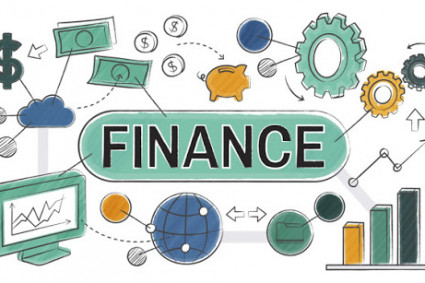There is no doubt that fixed deposits are one of the safest investment options offered because of their consistency in interest rates, specialised interest rates for seniors, various methods of interest payment, the absence of market risks, and the deduction of income taxes. You can create a fixed deposit with ET Money once your account has been established by using the One-Tap feature.
Interest rates on fixed deposits (FDs) of various tenures have been revised upwards by banks continuously over the past year. If, however, you are interested in regular tenures such as one year, two years, three years, five years, and ten years, then you may be missing out on some of the best FD rates that are being offered at the moment by banks. Many banks provide special rates for certain specific tenures in contrast to regular tenures. Interest rates are higher for odd-numbered tenures. A bank's lending cycle influences its deposit tenure. Bank assets and liabilities are generally matched over odd periods, according to experts. The bank will offer a 700-day deposit if there is a higher demand for two-year loans. The banks are ensuring that they have enough money to offer loans by prolonging the term of matching fixed deposits.
A fixed deposit account has the following features:
In comparison to other investment vehicles, it is more secure.
Offers you the opportunity to earn interest over a set period of time.
Tenure options ranging from five to ten years are
There is no maximum deposit amount.
There are special rates for senior citizens. Currently, some PSU banks offer senior citizens the best FD interest rates in India.
Why should you invest in a Fixed Deposit (FD)?
1.Investing with a guaranteed return
Fixed Deposit interest rates remain unchanged until maturity, regardless of changes in bank FD card rates. Assume a person opens a bank fixed deposit at 6% per annum for a period of three years. The interest rates remain unchanged over the term of the deposit. The income certainty is higher in FDs than in most small savings plans.
2. Protecting capital
Deposits booked with scheduled banks are covered by the deposit insurance program of DICGC, a subsidiary of the Reserve Bank of India. A cumulative bank deposit insurance policy covers fixed deposits, savings accounts, recurring deposits, and current accounts.
3. Exemption from income tax under Section 80C
Some banks and non-banking financial firms offer tax-saving FDs with a five-year lock-in period. In accordance with Income Tax Act Section 80C, the primary component of up to Rs 1.5 lakh is exempt from income tax.
4. The loan against a fixed deposit (FD)
Loans can be secured by depositors by leveraging their FDs. There are usually loans against fixed deposits available in the form of overdraft facilities, whereby the credit limit is calculated based on the fixed deposit amount secured as collateral. Interest is only charged on the amount drawn until the loan is repaid.
5. A credit card in lieu of a fixed deposit
It is possible for depositors with a low or no credit rating to secure credit cards by utilising their fixed deposits. In light of the fact that transactions made through secured credit cards are reported to credit reporting agencies, it is possible to enhance one's credit rating by making prudent use of secured credit cards.
Conclusion:
Fixed deposits provide capital protection and income certainty. The level of capital safety differs based on how the RBI categorizes other banks, despite the fact that most people believe public and large banks to be more secure.




